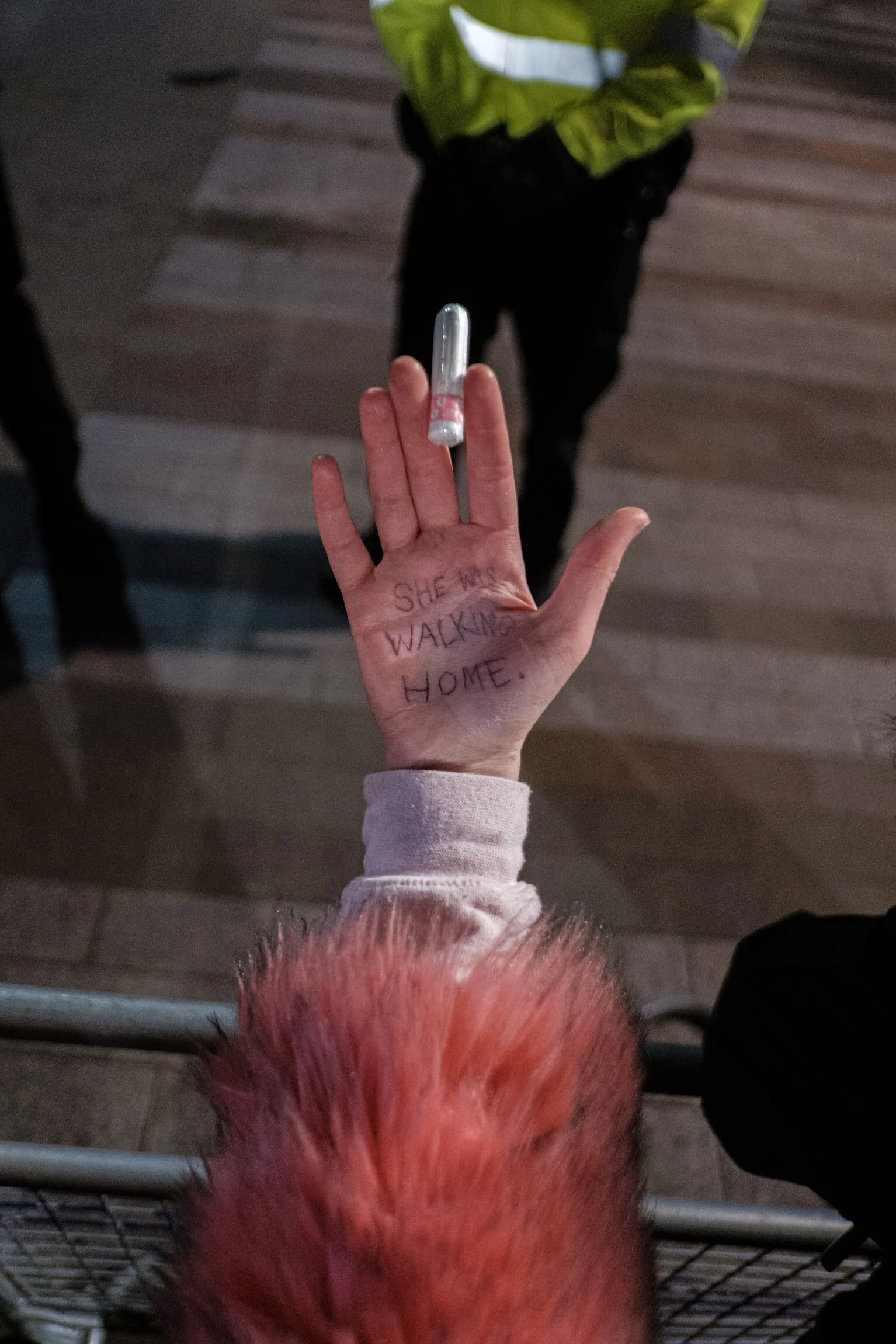Amber Tamblyn's Piece For The New York Times Is Both Powerful And So Needed
Being a woman in the world comes with all sorts of fun. There's gender stereotypes, unattainable beauty standards, the gender pay gap and of course, sexual assault and harassment. Each of the aforementioned things have cropped up in a woman's life, and as much as we need to discuss them all, there's one in particular that needs voicing louder.
Victims of sexual assault or abuse - of any gender, not just specifically cis women - when it comes to opening up about their experiences are often encouraged to keep quiet and not make so much of a big deal. Many do so, most not even reporting their abusers, out of fear that they too, much like so many other victims, will be seen as attention seeking or merely overreacting. There's also that fear, too, of not being believed, and it's this very notion of credibility that sees larger percentages of victims failed by their judicial system than those percentages of victims who get justice, as well as the support that they need.
Actress Amber Rose Tamblyn has become quite the advocate for sexual harassment and assault, and has fought for women's rights incessantly. Her advocacy work has accelerated since Trump took over the White House, and she uses her social media to voice her opinion and plug things that are important to her on a regular basis.
Last week, whilst on Twitter, she publicly put on the record that actor James Wood had tried chatting her up as a teenager. Wood immediately fired back, branding her a liar. But being called a liar wasn't enough to stop Tamblyn, it merely added fuel to the feminist fire.
Yesterday, an op-ed (opinion editorial) was published in The New York Times by Tamblyn herself, aptly named, I'm Done With Not Being Believed. The piece focused on harassment, sexual abuse and assault, and the way that victims shy away from speaking out, or how victims can often be belittled or not have their allegations taken seriously enough. I read it myself, on the way to the supermarket for my Sunday food shop after a notification on my News app alerted me. As a recent victim of sexual assault myself, every single word resonated.
In the op-ed, Tamblyn spoke about a producer who she went to for help after being consistently harassed by a co-worker, who told her that there were 'two sides to every story', and looked no further into it.
'For women in America who come forward with stories of harassment, abuse and sexual assault, there are not two sides to every story, however noble that principle might seem,' she wrote. 'Women do not get to have a side. They get to have an interrogation.'
She goes on to write about how asking for help, standing up against abusers, or even just talking about their ordeals comes with risks, and how this notion of risk assessment seeps into women's everyday lives.
'Every day, women across the country consider the risks. That is our day job and our night shift. We have a diploma in risk consideration. Consider that skirt. Consider that dark alley. Consider questioning your boss. Consider what your daughter will think of you.'
It's wonderful that there are people like Tamblyn using her platform and her words in a way that can benefit the future for women, whether that be in our lifetimes or in generations to come.








